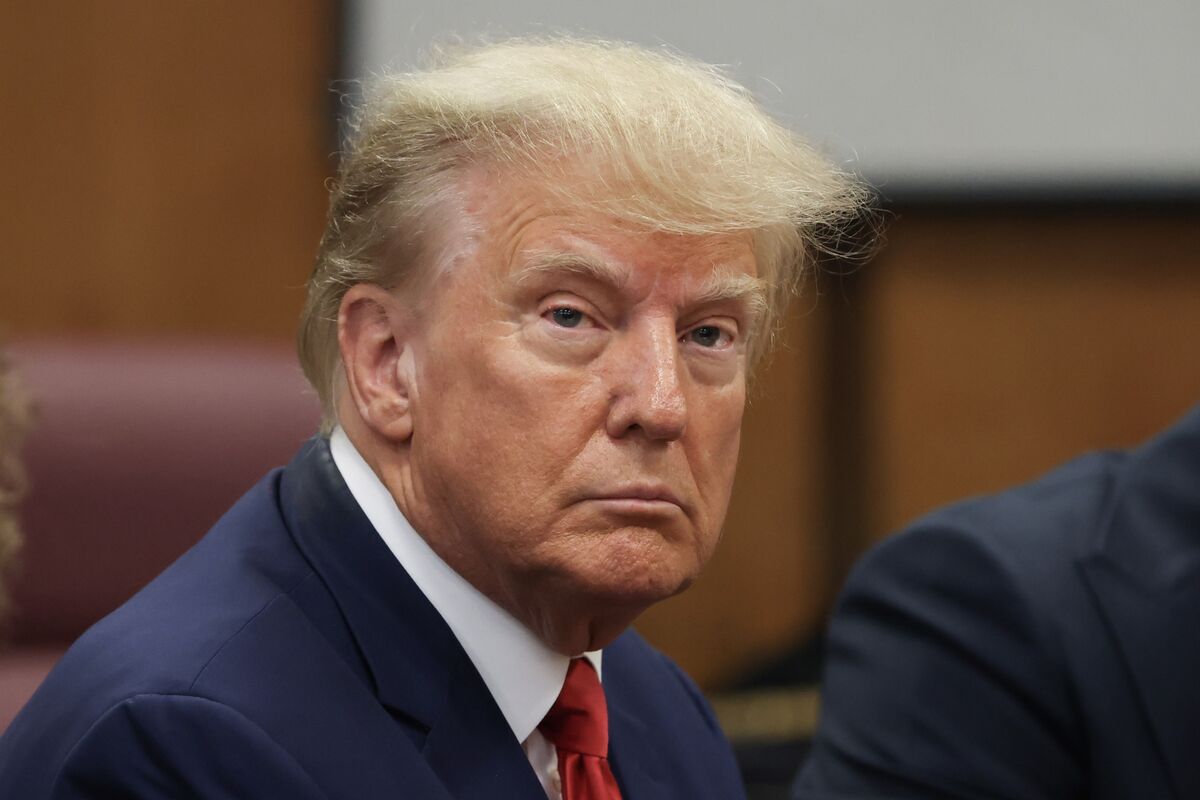Former President of the United States and current presidential candidate, Donald Trump, recently revisited the contentious topic of central bank digital currencies (CBDCs), attributing the resurgence of the discussion to Vivek Ramaswamy, a former Republican presidential candidate who withdrew from the race following disappointing results.
At a rally held in Laconia, New Hampshire, on January 22, Trump acknowledged Ramaswamy as the catalyst for rekindling the CBDC debate.
Notably, Ramaswamy was the sole presidential candidate who had included a crypto framework in his campaign platform.
Trump, somewhat humorously, confessed to his initial dislike for Ramaswamy until defeating him in the race. He then reiterated his firm stance against the implementation of a CBDC in the United States.
This was not the first time that Trump had voiced his opposition to CBDCs. During a campaign speech in Portsmouth, New Hampshire, on January 17, he unequivocally stated, “I will never allow the creation of a central bank digital currency.”
Trump underscored his concerns by emphasizing that such a digital currency would grant the federal government “absolute control” over citizens’ financial transactions.
Trump’s stance on cryptocurrency had not been particularly nuanced in the past, apart from a few negative comments about Bitcoin during his presidency.
However, the issue gained prominence in the presidential campaigns of Vivek Ramaswamy and Florida Governor Ron DeSantis, both of whom have since suspended their campaigns.
Ramaswamy withdrew from the race on January 16 and threw his support behind Trump.
Similarly, DeSantis officially ended his presidential bid on January 21, after facing a substantial defeat to Trump in the Iowa caucuses.
READ MORE: Elon Musk’s xAI Disputes $500 Million Investment Claim Amidst Valuation Talks
He also endorsed Trump’s candidacy, despite being the subject of ridicule from the former president in recent months.
On January 19, U.S. Representative Tom Emmer joined the chorus of support for Trump’s commitment to opposing CBDCs.
Emmer emphasized his eagerness to collaborate with Trump in combatting what he referred to as the “expanding government surveillance state.”
Emmer has consistently advocated for digital assets and has a history of pushing back against the regulatory approach pursued by the U.S. Securities and Exchange Commission (SEC) and its Chair, Gary Gensler.
In summary, Trump’s resolute rejection of CBDCs has resurfaced thanks to the encouragement of Vivek Ramaswamy, a former presidential contender, and has garnered support from individuals like Tom Emmer who share concerns about the implications of a government-controlled digital currency.
The debate surrounding CBDCs continues to evolve within the context of American politics and cryptocurrency regulation.
Discover the Crypto Intelligence Blockchain Council




